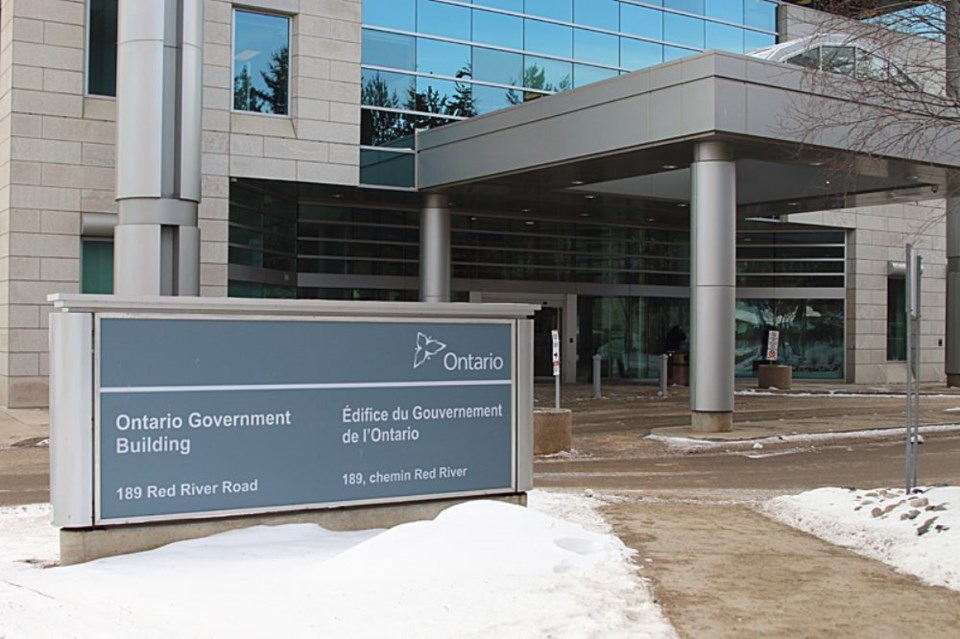THUNDER BAY – More than eight years after two inmates died while in custody at the district jail, a coroner’s inquest probing their deaths has begun.
The inquest into the 2007 deaths of Ronald Fagan and Jacy Pierre, who were both found unresponsive in their cells at the Thunder Bay District Jail, started Monday morning at the Ontario government building on Red River Road.
Fagan, 21, died on Sept. 27, 2007 and Pierre, 27, died on Oct. 27, 2007.
Lawyer Emily Hill, who is serving as counsel for both the Fagan and Pierre families, said it’s a bittersweet day.
“They’re of course relieved that they’re going to finally have some answers to the questions they have and some investigation into what went wrong to allow these two tragedies to happen so close together and what could happen to try to prevent similar deaths,” she said.
“It’s also a day of tremendous sadness mixed in with that relief. Anyone who has children can imagine what it’s like for a family that lost their young son eight years ago to come and hear testimony about those last days. I think the families all think about their own families and other families who have young people in jails.”
The coroner’s inquest, which is being presided over by Dr. Michael Wilson, is scheduled to last for three weeks and hear from more than 40 witnesses including staff members at the jail, inmates in the jail at the time of the deaths, responding police officers and forensic experts.
Evidence heard on Monday from pathologist Dr. David Welbourne and toxicologist Randy Warren revealed both Fagan and Pierre died from methadone overdose.
Between the two dying in the span of 30 days, as well as having the same cause of death, Hill said there is reason to believe there were systemic issues inside the jail.
“They want to hear about what happened but they also want to hear about solutions,” she said of what the families are hoping will happen as a result of the inquest.
“These are not isolated incidents. We know we’ve had politicians recently in this community speaking about how jails are not serving the inmates, they’re not serving families and they’re not serving this community. They’re not serving the Aboriginal community, who are vastly overrepresented in provincial and federal jails.”
The five-member jury, composed solely of women, is tasked with listening to the evidence presented during the inquest and making recommendations to prevent future similar deaths.
In addition to the families, the Ontario Ministry of Community Safety and Correctional Services has been granted party with standing status at the inquest.
The inquest continues on Tuesday.
